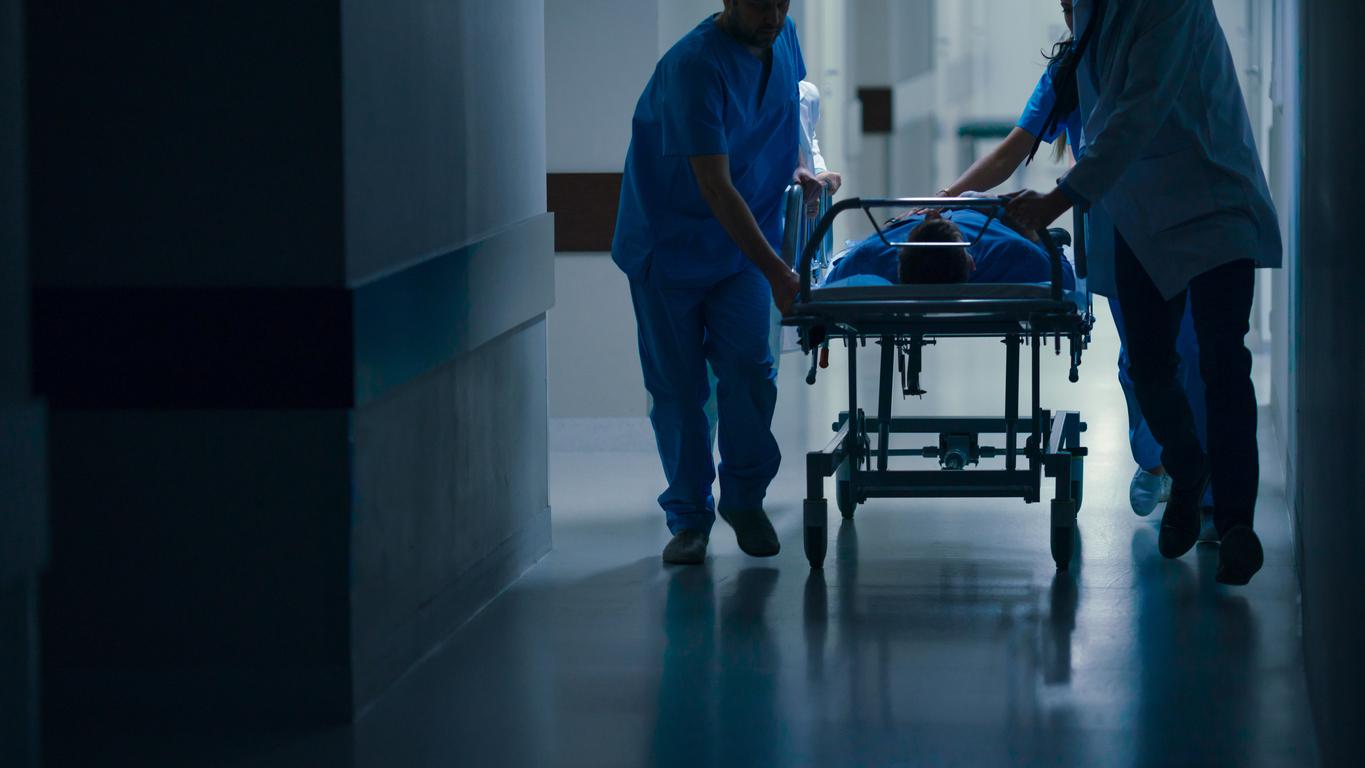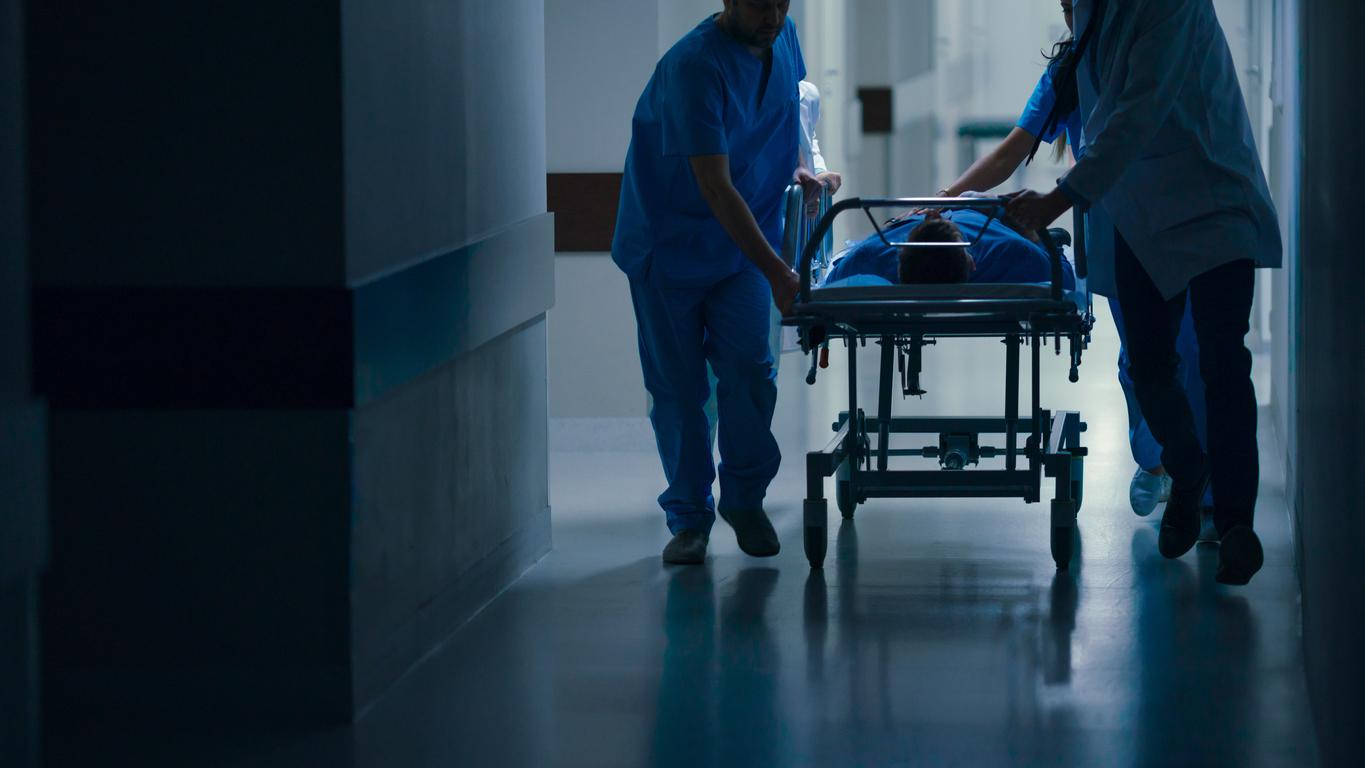
For many patients there is a threat of a black hole after discharge from the hospital. There is no proper aftercare and they are forced to stay in a hospital bed, even though they have finished medical treatment. This problem is happening throughout the Netherlands, RTL news shows.
Especially after an ugly fall or a serious pneumonia, you can finish the medical treatment relatively quickly in the hospital, but you are not yet able to cope at home. If aftercare is not available at home, there is no other option than to remain in the hospital bed. The hospital is not prepared for this and will have problems with new patients who find it more difficult to visit. This creates a ‘care stroke’.
Beds occupied
RTL news did a tour of the hospitals to get a better picture of this care infarction. Of the 74 hospitals, 49 responded to the call. Last year they had a total of more than 200,000 beds occupied by a patient who had already been discharged from the hospital. There are dozens of beds per hospital that are unnecessarily occupied every day. The treatment was finished, but the patient could not leave. The aftercare at home had not yet been properly arranged, such as assistance from district nursing or home care, a (temporary) place in a nursing home or during rehabilitation. This is due to staff shortages in healthcare, cutbacks and waiting lists, according to RTL Nieuws. The care organizations in and around the house cannot cope with the influx of patients.
aging
One of the reasons is the aging population. With age, more care is often required in recovery. But not all organizations for care at home and in hospital are well adapted to this. Nursing homes are closed and the government has cut back on home care. The waiting lists for nursing homes are long. Poor anticipation of the aging population is not only a cause of the problems at the exit of the hospital, but also at the entrance. Hospitals see the increase in older patients as the cause of increasing waiting times at the emergency department and the temporary closure of emergency rooms. But there are hospitals that have their affairs in order and are better prepared for the aging of the population. For example with a well-oiled transfer department or with good cooperation with the district nurses.
Read more about it in Waiting hours for the emergency room.
Sources: RTL News, NRC, Plus Magazine















